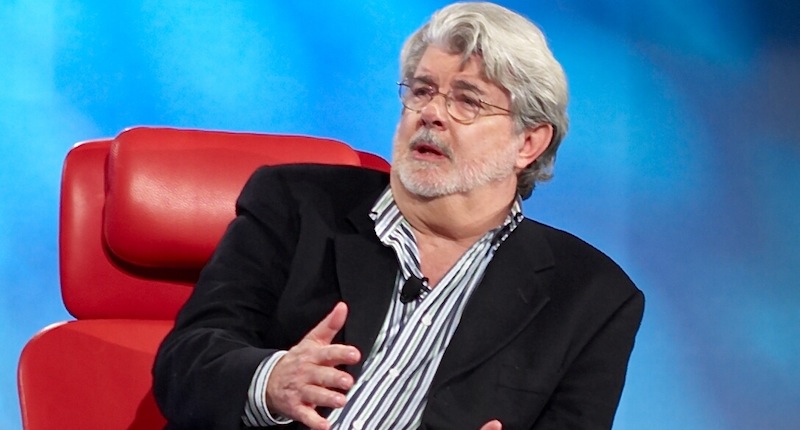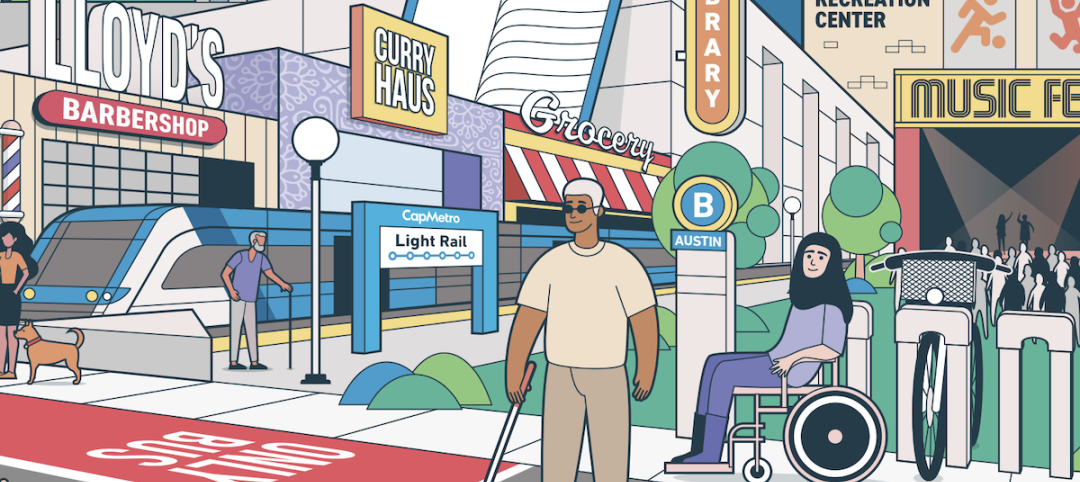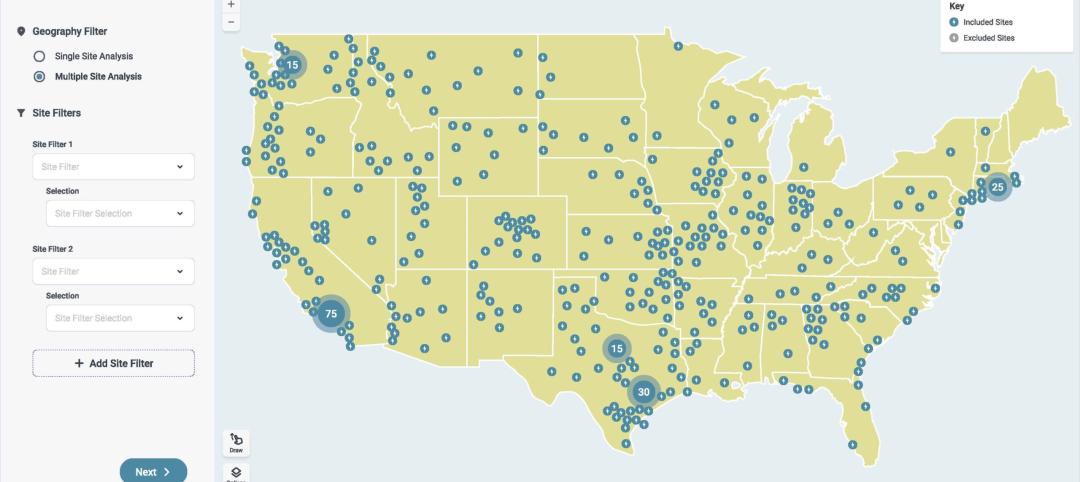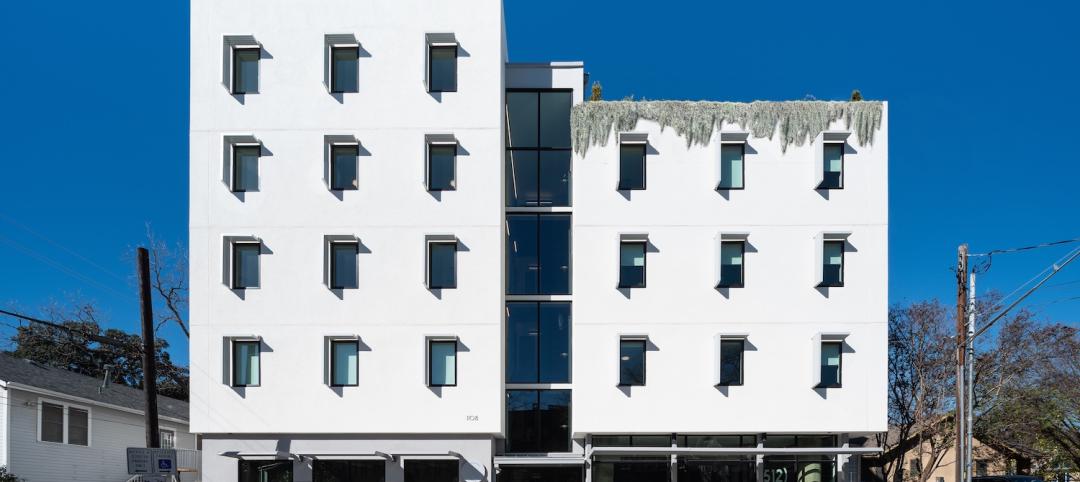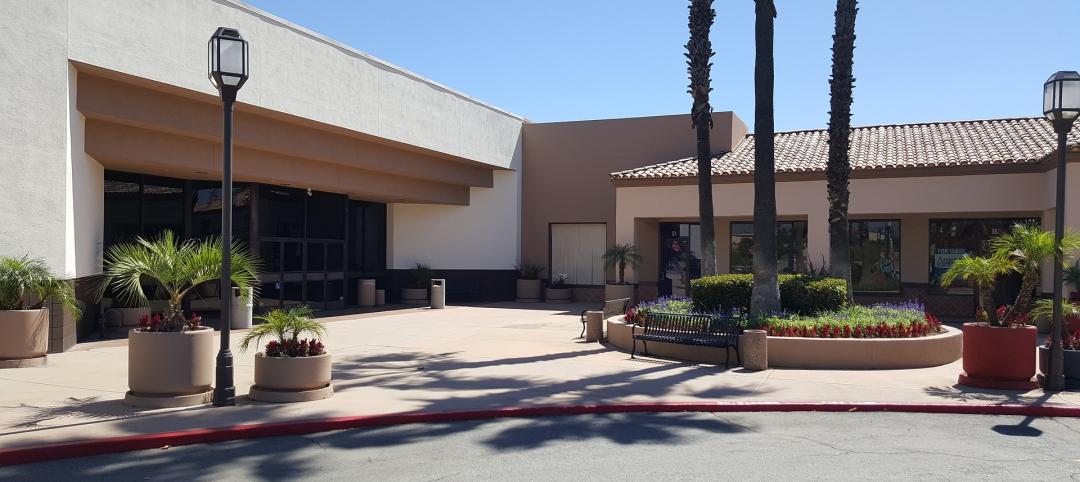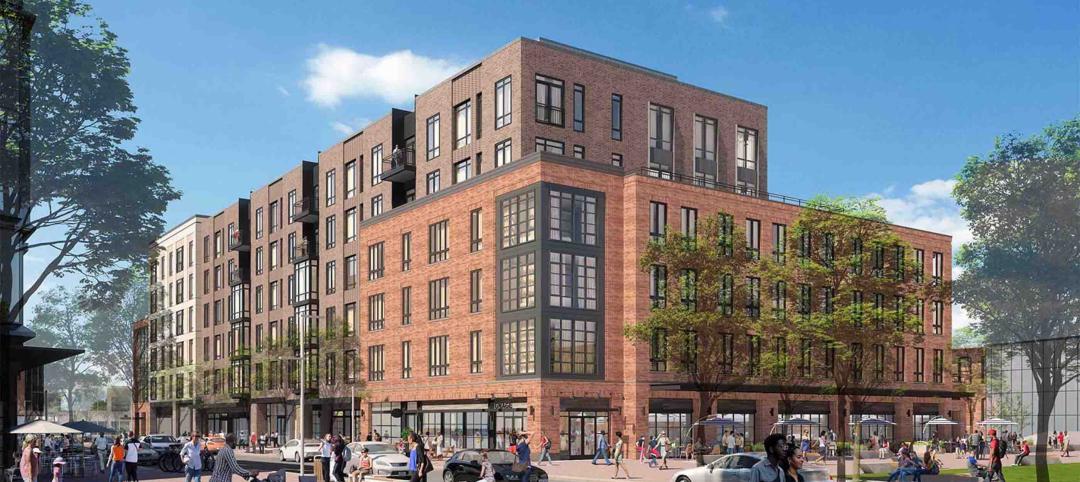“Star Wars” creator George Lucas has submitted plans to the Marin County (Calif.) Development Agency to build 224 units of affordable workforce and senior housing on 52 acres at Grady Ranch.
This proposal is the latest broadside in an ongoing battle between Lucas and residents of this affluent neighborhood who, in the past, have blocked Lucas’s efforts to expand his production company, Lucasfilms. Two years years ago, Lucas also encountered opposition to his plan to sell land at Grady Ranch to a developer for affordable housing.
Lucas, who has owned land in Marin County since 1978 (that property is called Skywalker Ranch), said he would build the housing himself, but that project lost its financial backing in 2013. The Marin Independent Journal reported at the time that the costs for the project would fall somewhere between $120 million and $150 million.
Now, Lucas—whom Forbes estimates is worth $5.1 billion—says he will finance 100% of the housing project, according to Gary Giacomini, former county supervisor and an attorney for Skywalker Properties.
The initial reactions to Lucas’s latest proposal have been mixed, with one local supervisor worrying about the “cumulative impact” of a project that large on the community. Other supervisors see the proposal as an opportunity to make a dent in the county’s shortage of affordable housing. Thomas Peters, CEO of the Marin Community Foundation, called Lucas’ plan an “extraordinary offer” that underscores the filmmaker’s commitment to the housing needs of the vibrant workforce that drives the region’s vitality. (Ironically, the Foundation was the financial backer that bailed on Lucas’s housing plans two years ago.)
Lucas’s proposal call for 120 two- and three-bedroom workforce rental homes in one four-story cluster and two two-story clusters. There would also be 104 one- and two-bedroom residences for seniors in a four-story cluster, according to the Independent Journal. Zoning at Grady Ranch allows for up to 324 homes at this site, which is where Lucas had originally intended to expand his studio facilities.
The architect for this project is Robert W. Hayes of Sausalito, and the project is being coordinated and managed by PEP Housing of Petaluma, which developed Toussin Senior Apartments, an affordable complex that Hayes had designed.
Applicants for the workforce housing need to be earning less than 80% of the market’s median household income. The seniors applying for housing need to fall within 30% and 60% of that median. Quoting Census estimates, the Washington Post reports that 7.7% of the county’s residences live below its $90,839 median income level.
Related Stories
Transit Facilities | Dec 4, 2023
6 guideposts for cities to create equitable transit-oriented developments
Austin, Texas, has developed an ETOD Policy Toolkit Study to make transit-oriented developments more equitable for current and future residents and businesses.
Multifamily Housing | Nov 30, 2023
A lasting housing impact: Gen-Z redefines multifamily living
Nathan Casteel, Design Leader, DLR Group, details what sets an apartment community apart for younger generations.
Products and Materials | Nov 30, 2023
Top building products for November 2023
BD+C Editors break down 15 of the top building products this month, from horizontal sliding windows to discreet indoor air infusers.
Engineers | Nov 27, 2023
Kimley-Horn eliminates the guesswork of electric vehicle charger site selection
Private businesses and governments can now choose their new electric vehicle (EV) charger locations with data-driven precision. Kimley-Horn, the national engineering, planning, and design consulting firm, today launched TREDLite EV, a cloud-based tool that helps organizations develop and optimize their EV charger deployment strategies based on the organization’s unique priorities.
MFPRO+ Blog | Nov 27, 2023
7 ways multifamily designers can promote wellness in urban communities
Shepley Bulfinch's Natalie Shutt-Banks, AIA, identifies design elements that multifamily developers can use to maximize space while creating a positive impact on residents and the planet
MFPRO+ New Projects | Nov 21, 2023
An 'eco-obsessed' multifamily housing project takes advantage of downtown Austin’s small lots
In downtown Austin, Tex., architecture firm McKinney York says it built Capitol Quarters to be “eco-obsessed, not just eco-minded.” With airtight walls, better insulation, and super-efficient VRF (variable refrigerant flow) systems, Capitol Quarters uses 30% less energy than other living spaces in Austin, according to a statement from McKinney York.
MFPRO+ News | Nov 21, 2023
California building electrification laws could prompt more evictions and rent increases
California laws requiring apartment owners to ditch appliances that use fossil fuels could prompt more evictions and rent increases in the state, according to a report from the nonprofit Strategic Actions for a Just Economy. The law could spur more evictions if landlords undertake major renovations to comply with the electrification rule.
MFPRO+ News | Nov 21, 2023
Underused strip malls offer great potential for conversions to residential use
Replacing moribund strip malls with multifamily housing could make a notable dent in the housing shortage and revitalize under-used properties across the country, according to a report from housing nonprofit Enterprise Community Partners.
MFPRO+ News | Nov 21, 2023
Renters value amenities that support a mobile, connected lifestyle
Multifamily renters prioritize features and amenities that reflect a mobile, connected lifestyle, according to the National Multifamily Housing Council (NMHC) and Grace Hill 2024 Renter Preferences Survey.
Sustainability | Nov 20, 2023
8 strategies for multifamily passive house design projects
Stantec's Brett Lambert, Principal of Architecture and Passive House Certified Consultant, uses the Northland Newton Development project to guide designers with eight tips for designing multifamily passive house projects.


